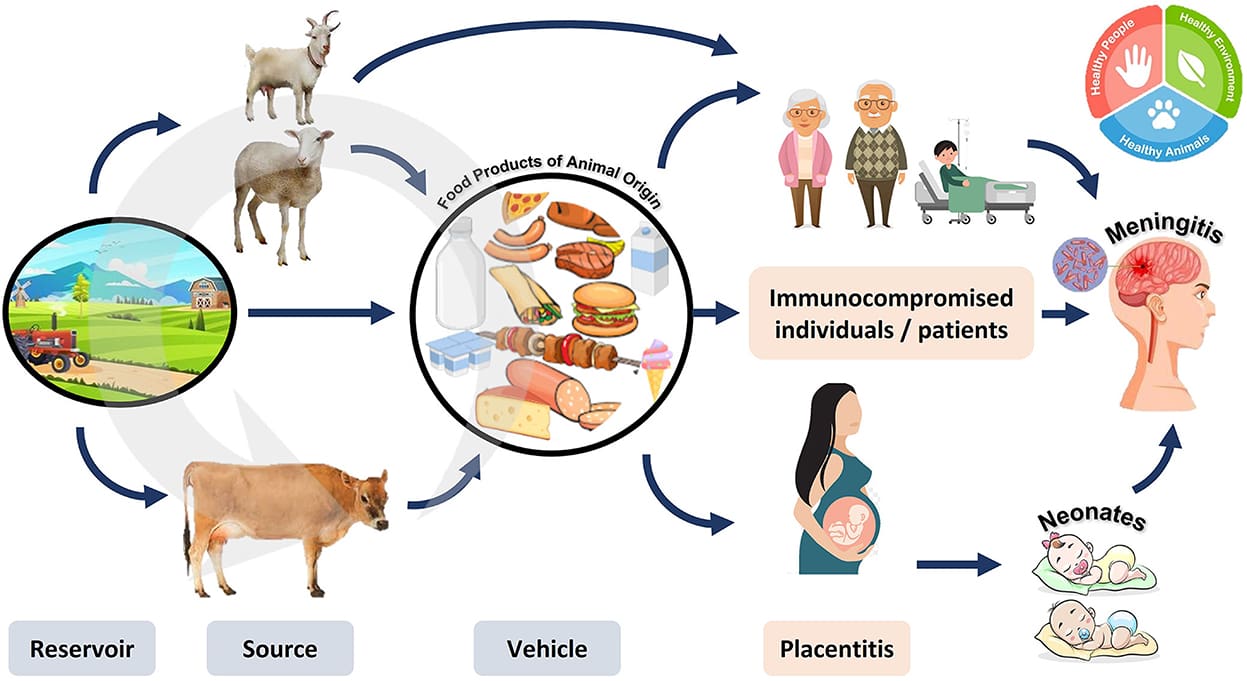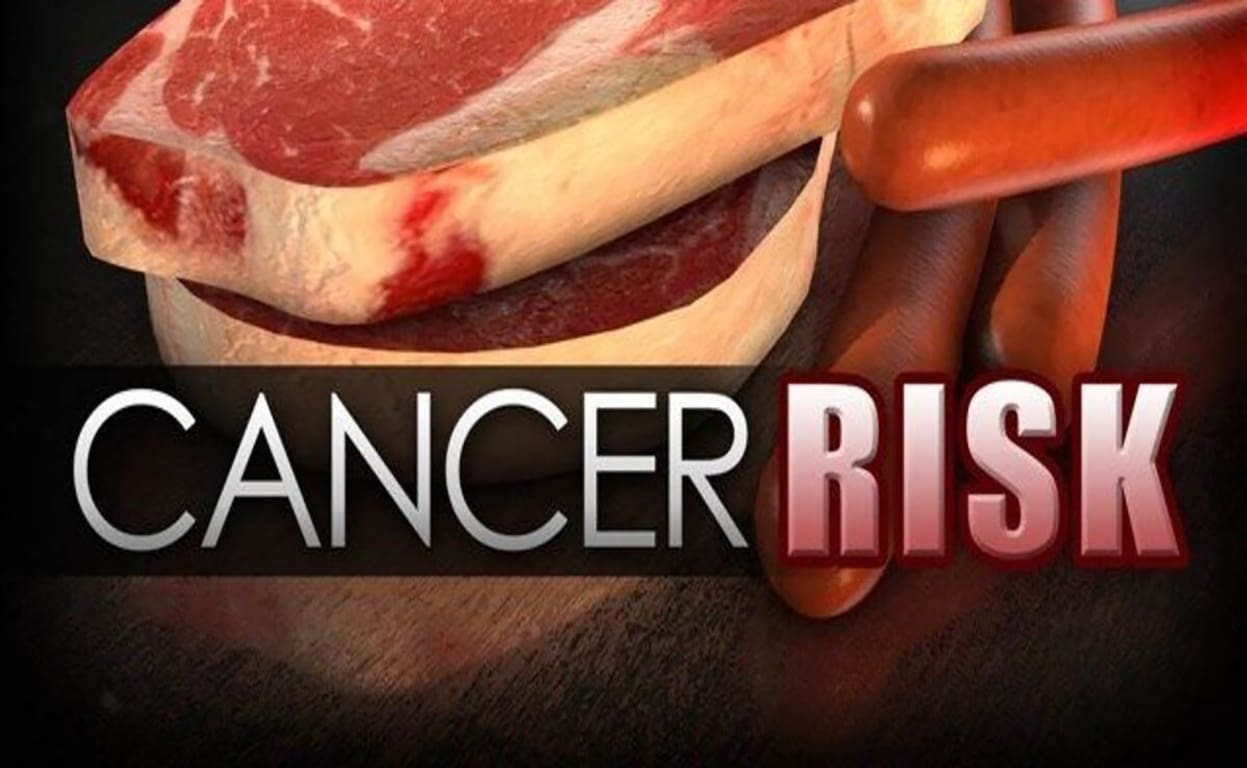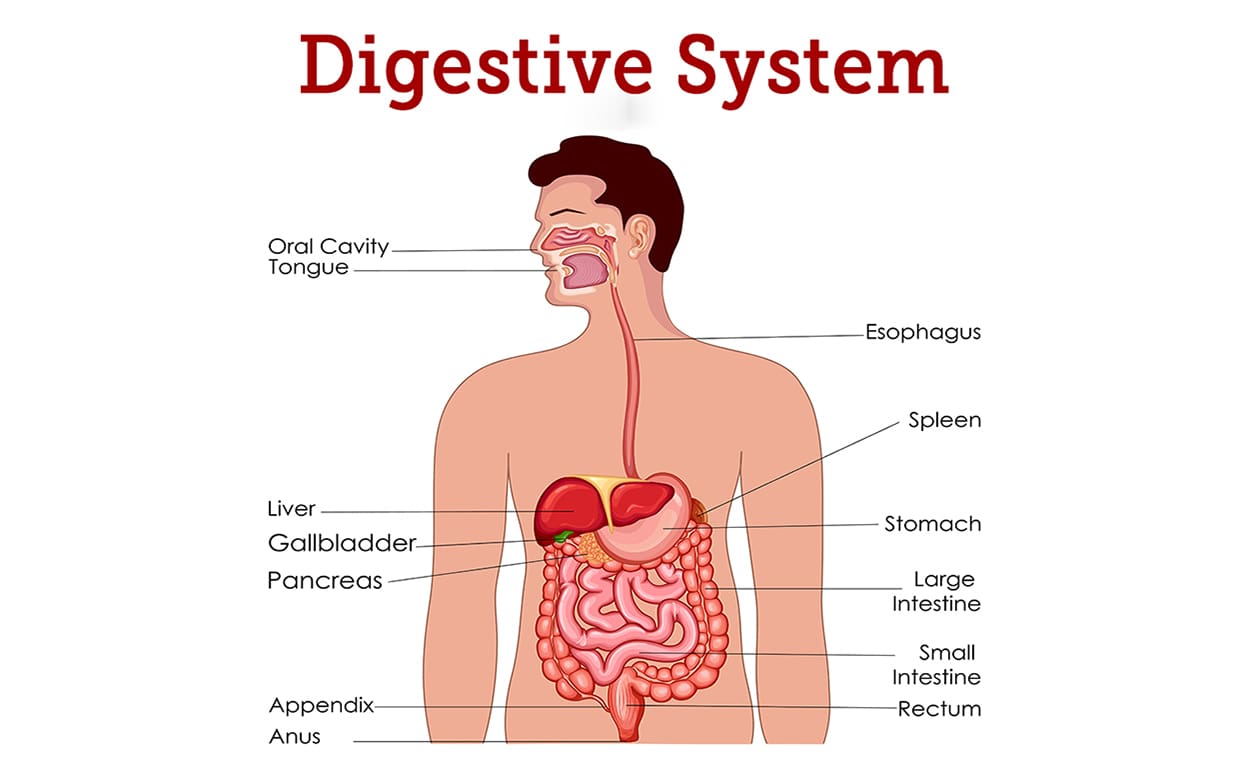In a world where meat dominates plates and palates, its role as a dietary cornerstone is rarely questioned. However, with growing awareness of health and environmental concerns, the spotlight is shifting to the risks of excessive meat consumption. From its links to chronic diseases like heart disease and cancer to its impact on digestive health and cholesterol levels, overindulging in meat poses significant challenges to well-being. Beyond personal health, the environmental toll of industrial meat production—deforestation, water scarcity, and greenhouse gas emissions—underscores the urgent need for change. This article explores why reducing meat intake not only supports human health but also fosters sustainability. Discover how plant-based diets offer all essential nutrients while promoting longevity and ecological harmony—a compelling case for thriving without relying on excessive meat consumption
In today’s modern society, meat consumption has become a cultural norm and a staple in many diets. From fast food chains to fine dining restaurants, meat is often the star of the show. However, with the rise of health-conscious individuals and the increasing popularity of plant-based diets, many are beginning to question the effects of excessive meat consumption on our health. While meat may be a source of protein and essential nutrients, studies have shown that consuming too much of it can have negative impacts on our well-being. In this article, we will delve into the health risks associated with excessive meat consumption and explore why humans can thrive without it. By examining both the physical and environmental effects, we will discover the importance of moderation and balance in our diets. As we navigate through the complexities of the meat industry and the human body, it is crucial to approach this topic with an open mind and a critical lens. Let us uncover the truth behind meat consumption and its impact on our health and the world around us.
Meat consumption linked to chronic diseases.

Numerous scientific studies have provided compelling evidence that excessive meat consumption is linked to an increased risk of developing chronic diseases. Research has shown that diets high in red and processed meats can significantly contribute to the development of conditions such as cardiovascular disease, type 2 diabetes, and certain types of cancer. The high levels of saturated fat and cholesterol found in meat, especially red and processed varieties, can contribute to the accumulation of plaque in the arteries, leading to atherosclerosis and an increased risk of heart disease. Additionally, the compounds formed during the cooking process of meat, such as heterocyclic amines and polycyclic aromatic hydrocarbons, have been associated with an increased risk of cancer, particularly colorectal cancer. These findings highlight the importance of exploring alternative dietary choices and reducing meat consumption to promote long-term health and prevent the onset of chronic diseases.
Heart health affected by meat.
In light of the aforementioned health risks associated with excessive meat consumption, it is crucial to consider the impact it can have on heart health. Studies have indicated a direct relationship between high meat intake and an increased risk of cardiovascular diseases, including heart attacks and strokes. The saturated fats present in meat can raise levels of LDL cholesterol, commonly known as “bad” cholesterol, which can lead to the accumulation of plaque in the arteries, leading to atherosclerosis. Furthermore, processed meats, such as sausages and bacon, often contain high levels of sodium, which can contribute to elevated blood pressure, another risk factor for heart disease. As such, adopting a diet that reduces meat consumption and incorporates more plant-based alternatives can play a vital role in maintaining a healthy heart and overall well-being.

Increased risk of cancer with meat.

Numerous studies have also demonstrated a concerning link between excessive meat consumption and an increased risk of cancer. The World Health Organization’s International Agency for Research on Cancer (IARC) classified processed meats as Group 1 carcinogens, meaning they have strong evidence of causing cancer in humans. The consumption of processed meats, such as hot dogs, bacon, and deli meats, has been associated with an elevated risk of colorectal cancer. Additionally, red meats, including beef, pork, and lamb, have been classified as Group 2A carcinogens, suggesting they are probably carcinogenic to humans. The high levels of heme iron, N-nitroso compounds, and heterocyclic amines found in meat have been implicated in promoting the development of various types of cancer, including colorectal, pancreatic, and prostate cancer. Therefore, individuals who limit their meat intake and focus on a plant-based diet can reduce their risk of developing cancer and promote better long-term health outcomes.
Impact on digestive system.
The consumption of excessive amounts of meat can have a detrimental impact on the digestive system. Meat is generally high in saturated fats, which can contribute to the development of digestive disorders such as gastroesophageal reflux disease (GERD) and irritable bowel syndrome (IBS). These conditions can cause symptoms like heartburn, abdominal pain, and changes in bowel movements. Furthermore, the high protein content in meat requires more stomach acid for digestion, which can lead to acid reflux and worsen symptoms of GERD. Additionally, the lack of dietary fiber in meat can result in constipation and hinder proper digestion. In contrast, adopting a plant-based diet that is rich in fruits, vegetables, and whole grains can provide the necessary fiber and nutrients to support a healthy digestive system.

High cholesterol levels from meat.
Excessive consumption of meat can also contribute to elevated cholesterol levels, increasing the risk of cardiovascular diseases. Meat, particularly red meat and processed meats, are known to be high in saturated and trans fats. These unhealthy fats can raise levels of low-density lipoprotein (LDL) cholesterol, often referred to as “bad” cholesterol. High levels of LDL cholesterol can lead to the buildup of plaque in the arteries, restricting blood flow and increasing the likelihood of heart attacks and strokes. Conversely, plant-based alternatives like legumes, nuts, and seeds offer healthier sources of protein without the accompanying high levels of saturated fats, making them a more heart-healthy choice.
Potential for food poisoning.
Consuming excessive amounts of meat also poses a potential risk for food poisoning. The handling, storage, and preparation of meat products require strict adherence to food safety guidelines to minimize the risk of bacterial contamination. Meat, especially poultry and ground meat, can harbor harmful bacteria such as Salmonella, E. coli, and Campylobacter. These bacteria can cause severe gastrointestinal illness, leading to symptoms like nausea, vomiting, diarrhea, and abdominal pain. In some cases, food poisoning can be life-threatening, particularly for vulnerable populations such as children, pregnant women, and individuals with compromised immune systems. By reducing meat consumption and focusing on a diverse range of plant-based foods, individuals can decrease their exposure to potential foodborne pathogens and safeguard their health.
Environmental impact of meat production.
The production of meat has significant environmental implications that cannot be ignored. One of the most notable environmental impacts of meat production is the excessive consumption of resources. Raising animals for meat requires vast amounts of water, land, and feed. It is estimated that it takes around 1,800 gallons of water to produce just one pound of beef, compared to approximately 39 gallons of water for a pound of vegetables. The extensive use of water for meat production contributes to water scarcity, particularly in regions where water resources are already limited. Additionally, large areas of land are cleared for grazing or to grow feed crops, leading to deforestation and habitat destruction. This not only disrupts ecosystems but also contributes to climate change as trees play a crucial role in absorbing carbon dioxide. The livestock industry is also a major contributor to greenhouse gas emissions, with animal agriculture accounting for a significant portion of global methane and nitrous oxide emissions. These potent greenhouse gases contribute to climate change and exacerbate the already pressing issue of global warming. Considering the growing environmental concerns, reducing meat consumption or adopting plant-based diets can significantly mitigate the environmental impact of meat production and contribute to a more sustainable future.

Nutritional benefits of plant-based diets.
Plant-based diets offer numerous nutritional benefits that can contribute to overall health and well-being. These diets are typically rich in fiber, vitamins, minerals, and antioxidants, which are essential for maintaining optimal health. Fruits, vegetables, whole grains, legumes, nuts, and seeds, which form the foundation of plant-based diets, provide a wide range of nutrients that support various bodily functions. For instance, the high fiber content in plant-based foods promotes healthy digestion, helps regulate blood sugar levels, and aids in weight management. Additionally, plant-based diets are typically lower in saturated fats and cholesterol, which can help reduce the risk of heart disease and improve cardiovascular health. Moreover, plant-based diets have been associated with a lower incidence of certain chronic diseases, such as obesity, type 2 diabetes, and certain types of cancer. Overall, incorporating more plant-based foods into one’s diet can provide a wealth of nutritional benefits and support long-term health.
Plant-based sources of protein.
Plant-based diets can easily meet the protein needs of individuals without relying on meat or animal products. There are numerous plant-based sources of protein that offer a wide range of essential amino acids necessary for proper bodily functions. Legumes, such as beans, lentils, and chickpeas, are excellent sources of protein and can be incorporated into various dishes like soups, stews, and salads. Whole grains like quinoa, brown rice, and oatmeal also provide a significant amount of protein, making them ideal choices for those following a plant-based diet. Additionally, nuts and seeds, such as almonds, chia seeds, and pumpkin seeds, not only offer protein but also healthy fats and other important nutrients. Tofu and tempeh, derived from soybeans, are versatile plant-based protein sources that can be used in a variety of recipes. By including these plant-based sources of protein in your diet, you can easily meet your protein needs while enjoying the numerous health benefits associated with a plant-based lifestyle.
Sustainable and ethical alternatives.
When exploring the health risks associated with excessive meat consumption, it is important to consider sustainable and ethical alternatives. Embracing plant-based diets not only benefits personal health but also reduces the environmental impact of animal agriculture. By opting for sustainable alternatives, such as plant-based proteins, individuals can help mitigate deforestation, water pollution, and greenhouse gas emissions associated with livestock production. Additionally, choosing ethical alternatives supports the well-being and humane treatment of animals, aligning with principles of compassion and conscious consumerism. Incorporating sustainable and ethical alternatives into our diets not only promotes personal well-being but also contributes to the greater good of our planet and its inhabitants.
In conclusion, the evidence is clear that excessive meat consumption can have detrimental effects on our health. From an increased risk of chronic diseases to negative impacts on the environment, it is important to consider the consequences of our dietary choices. However, it is important to note that humans can thrive without meat in their diets. With a well-planned and balanced plant-based diet, we can still get all the necessary nutrients for a healthy and fulfilling life. Let us continue to educate ourselves on the benefits of reducing our meat consumption and make more mindful choices for the sake of our health and the planet.
FAQ
What are the potential health risks associated with excessive meat consumption, and how do they affect the human body?
Excessive meat consumption can lead to various health risks. High intake of red and processed meats has been linked to an increased risk of cardiovascular diseases, including heart disease and stroke, due to their high saturated fat and cholesterol content. Additionally, excessive meat consumption has been associated with an elevated risk of certain types of cancer, such as colorectal cancer. Moreover, consuming large amounts of meat can strain the kidneys and increase the risk of kidney diseases. It is important to maintain a balanced diet that includes a variety of foods to minimize these health risks and promote overall well-being.
How does excessive meat consumption contribute to the development of chronic diseases such as heart disease, diabetes, and certain types of cancer?
Excessive meat consumption contributes to the development of chronic diseases such as heart disease, diabetes, and certain types of cancer due to several factors. Firstly, red and processed meats are high in saturated fats and cholesterol, which can lead to the buildup of plaque in the arteries and increase the risk of heart disease. Additionally, the high levels of heme iron and nitrates found in these meats have been linked to an increased risk of certain cancers, including colorectal cancer. Furthermore, consuming excessive amounts of meat can lead to weight gain and obesity, which are major risk factors for diabetes and other chronic diseases.
What are some alternative sources of protein that can provide the necessary nutrients for human health, and how do they compare to meat in terms of nutritional value?
Some alternative sources of protein that can provide necessary nutrients for human health include legumes (such as beans and lentils), tofu, tempeh, seitan, quinoa, nuts, and seeds. These sources can offer comparable or even higher nutritional value compared to meat. Legumes are high in fiber, iron, and folate, while tofu and tempeh are rich in calcium and iron. Quinoa is a complete protein and contains essential amino acids. Nuts and seeds provide healthy fats and additional nutrients. While meat is a good source of protein, these alternatives can offer diverse and nutrient-dense options for individuals following different dietary preferences or restrictions.
Can a vegetarian or vegan diet provide all the essential nutrients required for human health, and what are some potential challenges or considerations for individuals who choose to eliminate or reduce meat consumption?
Yes, a vegetarian or vegan diet can provide all the essential nutrients required for human health. However, individuals need to be mindful of certain nutrients that may be lacking, such as vitamin B12, iron, calcium, omega-3 fatty acids, and protein. Vegans may need to supplement vitamin B12 and ensure adequate intake of plant-based sources of iron, calcium, and omega-3s. Additionally, they should focus on consuming a variety of plant-based proteins to meet their needs. It is also important to plan meals carefully to ensure a balanced intake of nutrients. Overall, with proper planning and education, a vegetarian or vegan diet can be nutritionally adequate.
What are the environmental implications of excessive meat consumption, and how can reducing meat consumption contribute to sustainability and conservation efforts?
Excessive meat consumption has significant environmental implications. The livestock industry is a major contributor to greenhouse gas emissions, deforestation, and water pollution. It also requires large amounts of land, water, and feed resources. By reducing meat consumption, we can contribute to sustainability and conservation efforts. Plant-based diets have a lower environmental footprint, as they require less land, water, and energy. This reduction in meat consumption can help mitigate climate change, protect biodiversity, conserve water resources, and reduce deforestation. Embracing a more plant-based diet can play a crucial role in promoting a more sustainable and environmentally friendly future.



